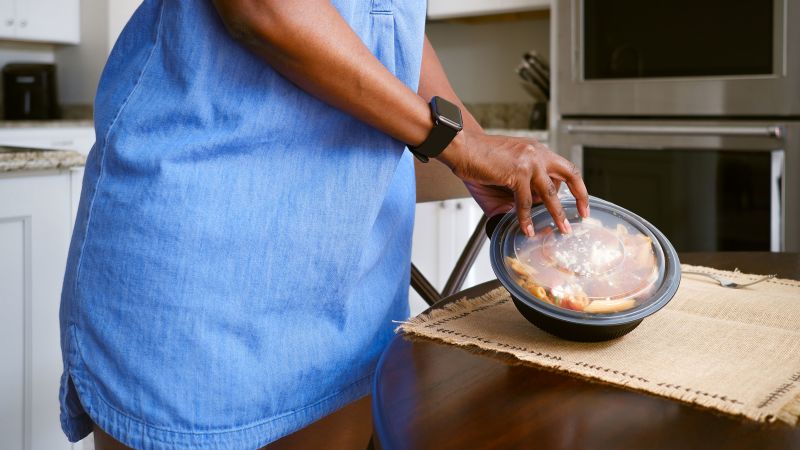Plastic is such a fucking disease. There are so few items you can buy in a supermarket that aren’t somehow covered in it. I get it, it’s super convenient. Which is why as long as it’s legal, the situation won’t change.
I think heavy taxes on plastic could change the situation; if plastic packaging isn’t economically viable, alternatives will be used.
This would be totally unpopular I’m sure, so it will probably won’t come before climate change killed us.
Everything is wrapped in plastic now when it wasn’t like it 30 years ago. I think the side-effects of microplastics are going to affect every child alive today for life.
This is going to turn out to be the lead of our time isn’t it?
This is just one of several “leads of our time”.
PFAS is another.
Overuse of neonicotinoid pesticides is another.
Lead might also be the lead of our time again, if the reports about lead being in disposable vape pens are true.
Glyphosate too. Increasingly linked to Parkinsons, cancer, and endocrine disorders among other things.
Not only this, but the machines used to process food shed plastic too. Which I think people are even less happy to hear, because this means simply buying food in glass and paper containers doesn’t make much difference.
Analysis of microplastics in commercial vegetable edible oils from Italy and Spain
https://www.sciencedirect.com/science/article/abs/pii/S0308814624002152
It’s pretty much inescapable and we need government regulation. I’m surprised the EU hasn’t led the way here yet, but they probably will be among the first.
One of the studies included in the new review found 1 liter of water — the equivalent of two standard-size bottled waters bought at the store — contained an average of 240,000 plastic particles from seven types of plastics, of which 90% were identified as nanoplastics and the rest were microplastics.
Sounds like plastic bottle manufacturers aren’t rinsing their product before the get shipped and filled.
Plastic bottles are usually made from preforms delivered from the plastic bottle manufacturer. The rinsing would ideally be when the bottle is formed from a preform at the soda plant, before the bottle is filled. Some do this (sometimes with harsh chemicals), but most don’t as they consider the preform as sufficiently clean enough to fill.
I’ll continue to use glass bottles with metal caps then. But I’ve never seen a glass bottle with a plastic cap
I hate to break it to you… Glass bottle microplastics study
How do you think the gaskets are made?
Was waiting for this one!
No shit, hot food sheds plastic from its container.
It’s more than just take-out packaging.
Ripping the plastic wrap from the meat or prepackaged fruit and veggies you purchased at the grocery store may contaminate your food with micro- and nanoplastics, according to new research.
Plastic contamination may also occur when you’re unwrapping deli meat and cheese, steeping a tea bag in hot water, or opening cartons of milk or orange juice. Glass bottles and jars with a plastic-coated metal closure may also shed microscopic bits of plastic, the study found.
We really need to establish the toxicity of this stuff because I can’t imagine abolishing plastic in the food pipeline anytime soon. It’s too embedded. However we can hopefully get rid of the most contaminating sources.
Just wanna pop in real quick and point out we didn’t have plastic in the food production pipline at all for about 9,900 years out of the last 10,000-ish.
We absolutely could eliminate plastic if we had the will. Literally 99% of our history or more has been without plastic.
9,900 of the last 10,000 years we haven’t been able to produce enough food for everyone. Industrialization changed that. I think we still prefer some plastic contamination over droves of people starving to death. But it’s gonna be hard to have both, in the short term at least.
Citation needed. Lots of Romans ate fast food. Y’all just trying to find every excuse to not change anything.
I don’t think anyone is saying that we can’t get rid of it, but it’s not realistic to think that industrialized societies are going to give it up without alternatives that have little/no drawback, and that’s going to take a lot of time and effort to develop. I’m not sure I see that sort of thing being properly incentivized unless we have conclusive data on plastic toxicity.
It is killing us. The evidene is mounting. Keep advocating for the status quo if you like, but it is insane to me.





